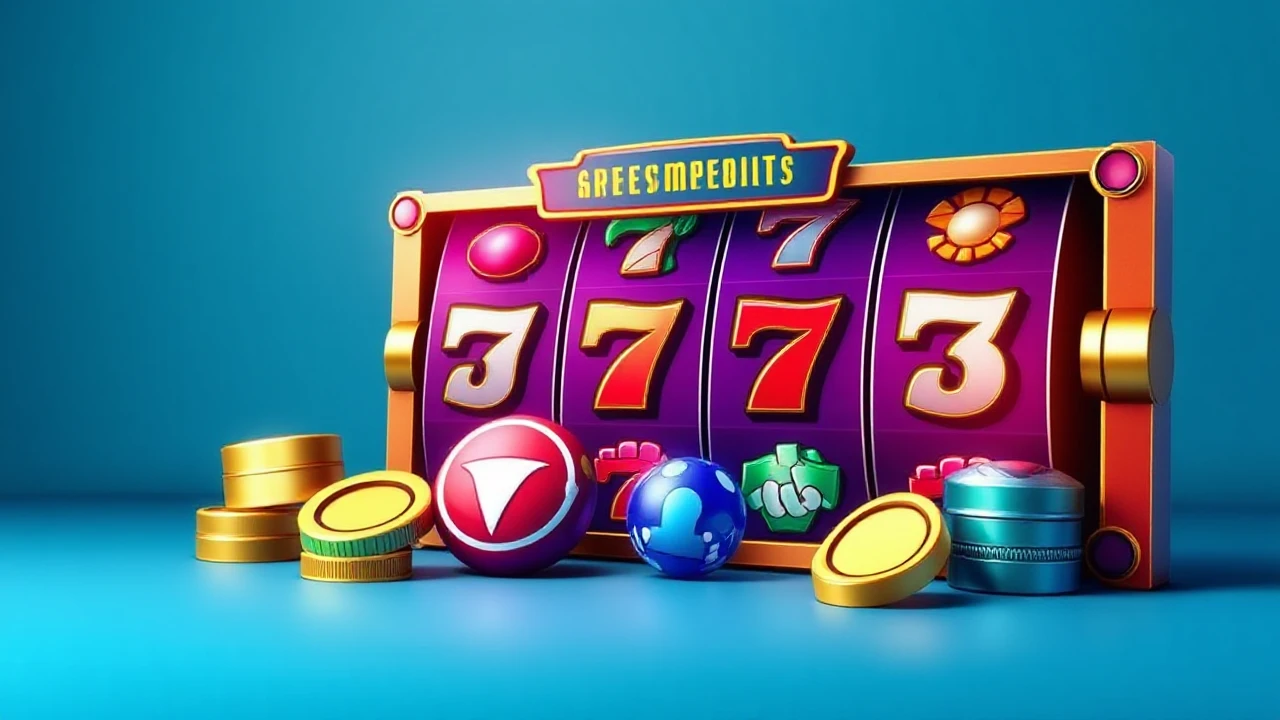
Lifestyle

Pamela Pope
15 Sep 2025

Tech

Pamela Pope
15 Sep 2025

Others

Others
 By Pamela Pope
•
14 Sep 2025
By Pamela Pope
•
14 Sep 2025
 By Pamela Pope
•
14 Sep 2025
By Pamela Pope
•
14 Sep 2025
 By Pamela Pope
•
14 Sep 2025
By Pamela Pope
•
14 Sep 2025
 By Pamela Pope
•
13 Sep 2025
By Pamela Pope
•
13 Sep 2025
 By Pamela Pope
•
13 Sep 2025
By Pamela Pope
•
13 Sep 2025
 By Pamela Pope
•
13 Sep 2025
By Pamela Pope
•
13 Sep 2025
 By Pamela Pope
•
13 Sep 2025
By Pamela Pope
•
13 Sep 2025
 By Pamela Pope
•
13 Sep 2025
By Pamela Pope
•
13 Sep 2025
 By Pamela Pope
•
13 Sep 2025
By Pamela Pope
•
13 Sep 2025
 By Pamela Pope
•
13 Sep 2025
By Pamela Pope
•
13 Sep 2025
 By Pamela Pope
•
13 Sep 2025
By Pamela Pope
•
13 Sep 2025
 By Pamela Pope
•
12 Sep 2025
By Pamela Pope
•
12 Sep 2025












